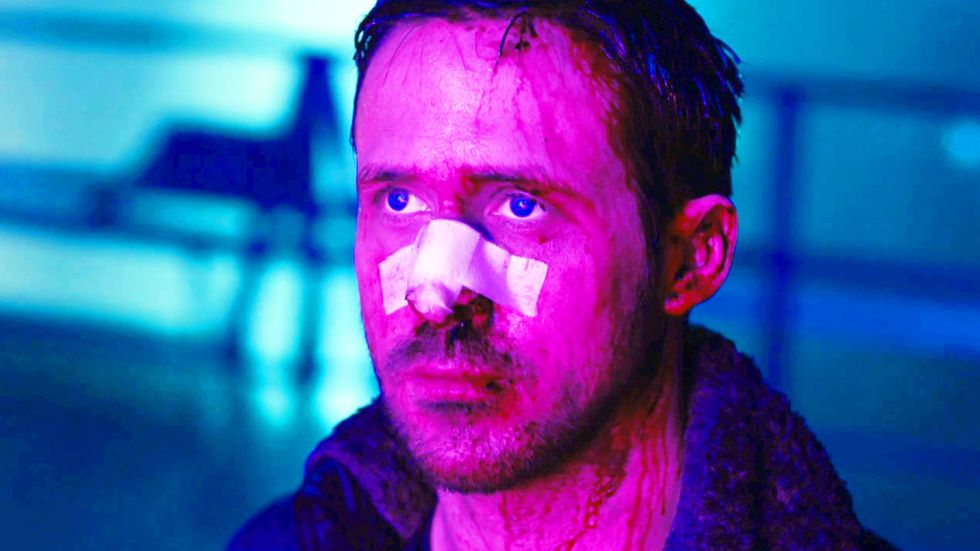I'll admit that I haven't seen every film released in 2017, and, there are some contenders for the best film of 2017 that someone could argue as being the best. Rarely, though, does a film come along that, according to the philosophy of post-modern filmmaking, should most likely fail. This was a sequel to an absolute masterpiece from decades ago.
The film was a sequel to a beloved classic cherished into the decades (I, myself, remember Blade Runner being the first truly great film I was introduced to when I was around 13 years old). Sequels are known for often being inferior to the original, however, this rule-of-thumb is even more applicable when the sequel is produced years, later.
But, the film was produced by artists with an intense passion. A meticulous director, A-list actors, careful screenwriting, composers who appreciate the importance of harmony between story and music, and a cinematographer who can capture the essence of the intense visuals and camerawork needed for a successor to one of the greatest films of all time. Thus, in a skillful manner that sends chills down one's spine, Blade Runner 2049.
I've already published a lengthy article of my first impressions of the film which you can access here. I plan to write more articles originating from my love of these two precious films, but, for this article, I want to simply delve into why Blade Runner 2049 in the modern climate of cinema. You see, one can't help but notice a trend around acclaimed blockbuster movies.
For example, consider the Marvel Cinematic Universe films as well as the new trilogy of Star Wars films. Most of these films have received critical acclaim, but one can't help but notice a bit of a novelty aspect to them. They are well-crafted, colorful crowd-pleasers. The MCU films serve as popcorn adaptations of comic book fanfare.
The Star Wars films serve as a new story to please the intense fans of the original franchise. Blade Runner was never a crowd-pleaser. The original film could be likened to a person who goes to the nightclub seeking to please no one but themselves. It was, ultimately, quite an unpleasant film.
Challenging our connotation of what it means to be human. Portraying a scientifically advanced future that isn't awe-inspiring and full of wonder, but dreadful and obsolete. Urging us to connect with beings that our own culture would doubtlessly revere as less than human.
The sequel is so outstanding because it's no more than what it is. It's another chapter in the story. The filmmakers set out to tell another chapter in the story that deserves to be told, and it wasn't a breath of fresh air for a franchise now rewarded with the potential for endless sequels and richer environments and characters.
It wasn't fan service, either. The original film didn't seek to please an audience, so, although it became beloved after its original release, why should the filmmakers suddenly employ fanservice? The film didn't answer pointless questions like "Was Deckard a replicant?" Its aim wasn't to provide a "Rick Deckard, blade runner back in action" crowdpleaser. It was a sequel that felt like it could have been released at a reasonable time after the original film.
In fact, the amount of time that passed in between this film's release and the original, speculation was rampant in what's been going on all these years, creating a universe parallel to our own, and, considering that the original film and the sequel are known for its realistic depiction of a time we've yet to enter, it also feels more realistic that the succeeding story worthy of telling wouldn't occur until many of years later.
If you haven't gotten the chance to view the sequel, and/or you haven't seen the original, I implore you to watch one of cinema's now greatest duologies.






 The minimum wage is not a living wage.
StableDiffusion
The minimum wage is not a living wage.
StableDiffusion
 influential nations
StableDiffusion
influential nations
StableDiffusion











